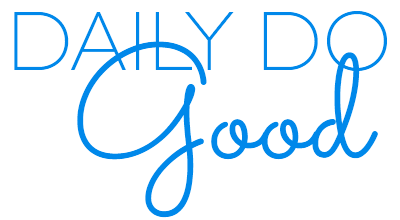Access Youth: Testimonials
As a community member and parent, I feel a deep responsibility to all young people and to my community as a whole. Mediation intervention and related ongoing support not only has the power to transform the direction of the lives of the individual young people it touches directly, but also broader social norms, school climate and community engagement. I have also learned a great deal about myself in conducting mediations and supporting ACCESS over the years. These experiences and my work with Jodi and her colleagues, have motivated me to go back for my Masters in counseling psychology and have no doubt made me a better parent and person.
- Jessica Quaranto, board member
As you walk the halls, one can get a feel for the energy of the students that day — which can tell you what to expect. My students appreciate that my door is always open to them and they do take advantage of this. In-between my scheduled meetings with students on my list, I can definitely expect several other unexpected mediations or conferences with students. From morning until dismissal there is a constant flow of student traffic, without fail. The good thing about this traffic is, it shows that the mission of ACCESS Youth is working, and students are buying in to our programming. Students who come to my office and express what is going on with them on any given day is a positive thing, because pre-emption is the key to our programming — especially the Alternative to Suspension program.
- Morris Wright, ACCESS School Programs Manager at H.D. Woodson High School
While there is some measure of commitment from DCPS to reduce suspension and reduce zero tolerace policies that result in deeply punitive measures, that's not always embraced by staff members who are trying to survive on a daily basis. These are kids who are seeing a lot and the staff are as well.
A lot of people are in a position where they need to react in the moment, but it can be a detriment to the youth to treat them like criminals from the get-go. They stand out in the cold and line up to go through metal detectors. The dynamic that the adults create is reflected by the way kids behave as well.
It's a process in order to educate people about other ways of doing things. They don't want to be a part of those statistics that are starting to dim the prospects for our kids who are already at risks.
- Caitlin Ellsworth, program manager
You’re not trying to say “oh, look, X’s feelings are hurt.” X can say what is happening. When a kid hears the impact directly from the person who is hurt, you don’t have to do anything.
When they hear the impact from the person who is harmed, there’s a shift, that’s the powerful piece about mediation. There’s not going to be a magical “ahhh…” but it allows them to dig down to the motivation of “how did we get to this point.” It gives them something to work toward. Sometimes, they’ll say what they think you want to hear, but our job is to dig down. They say, “I want to be respectful,” we say, “what does that mean? What does treating someone with respect look like?”
It goes back to “how do you want to be treated, what does being respected look like to you. You’re walking them through the experience instead of saying ‘that’s mean, don’t do that.”
- Jodi Ovca, executive director
